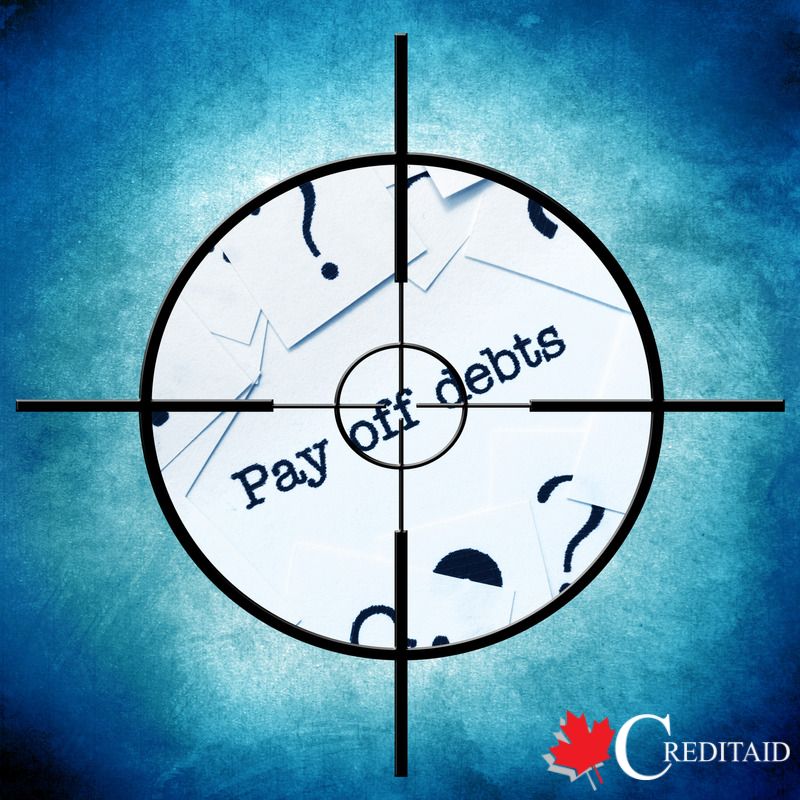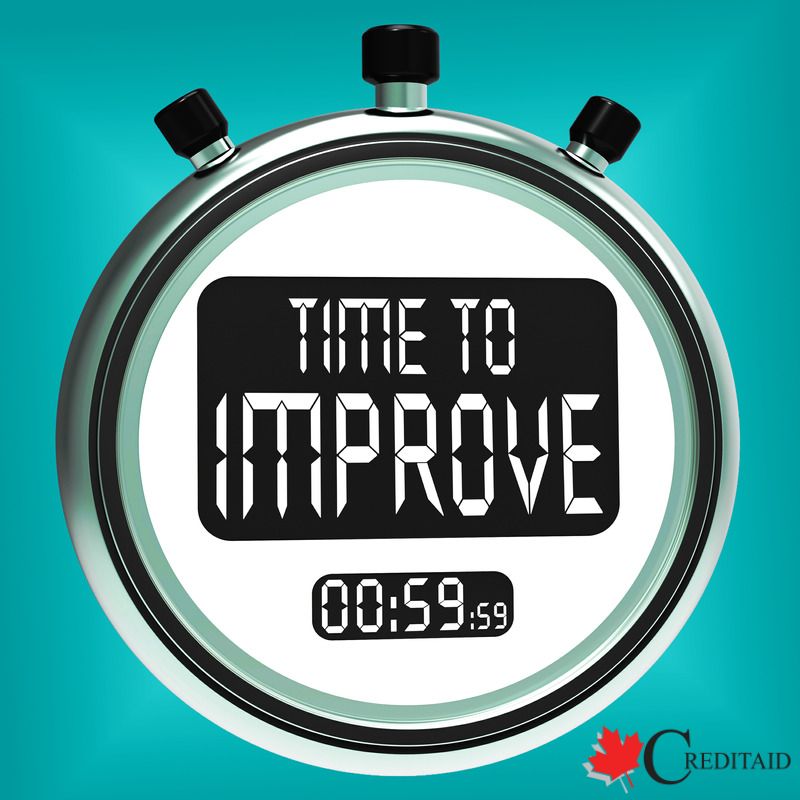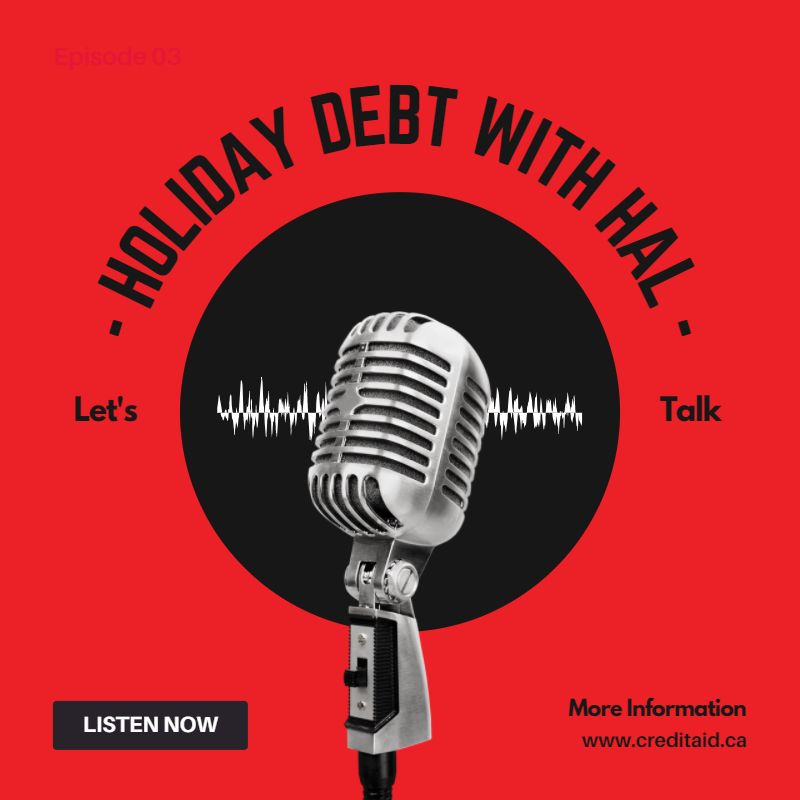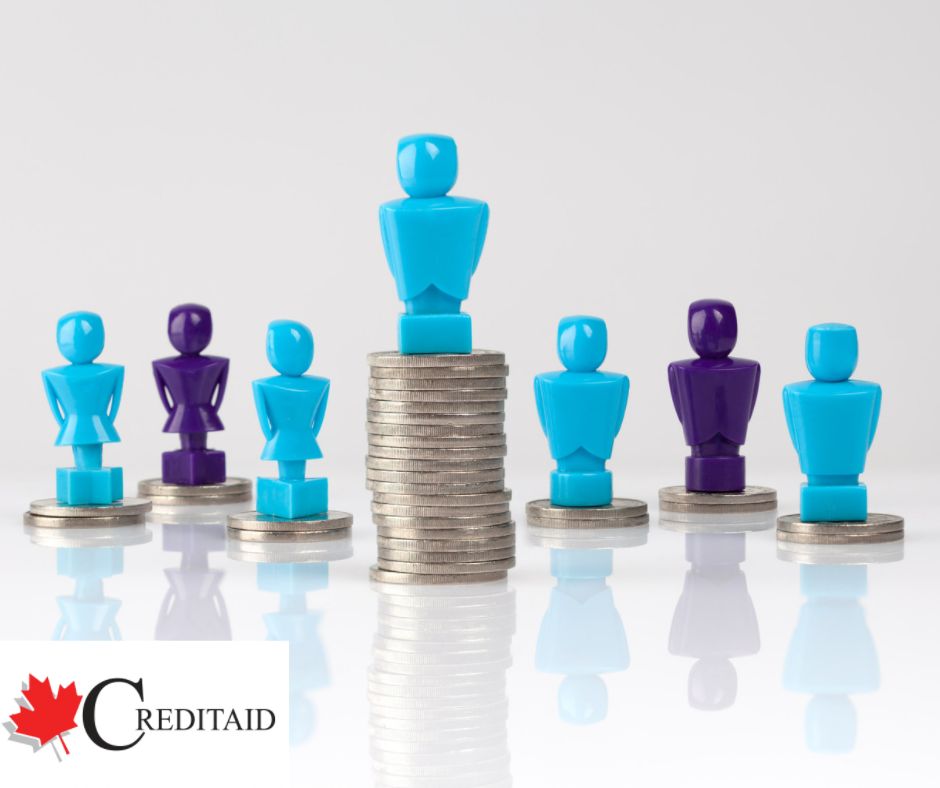It’s a common debate consumers face – do you pay down your debt or save money? You want to get rid of your debt, but you also need money saved for emergencies, so what do you do?
What if you could have the best of both worlds?
If you pay down your debt but continue ‘paying yourself’ the interest, you’ll get out of debt AND save money.
Here’s how!
Continue reading “Pay Down your Debt and Put the Interest Money Toward Savings”










